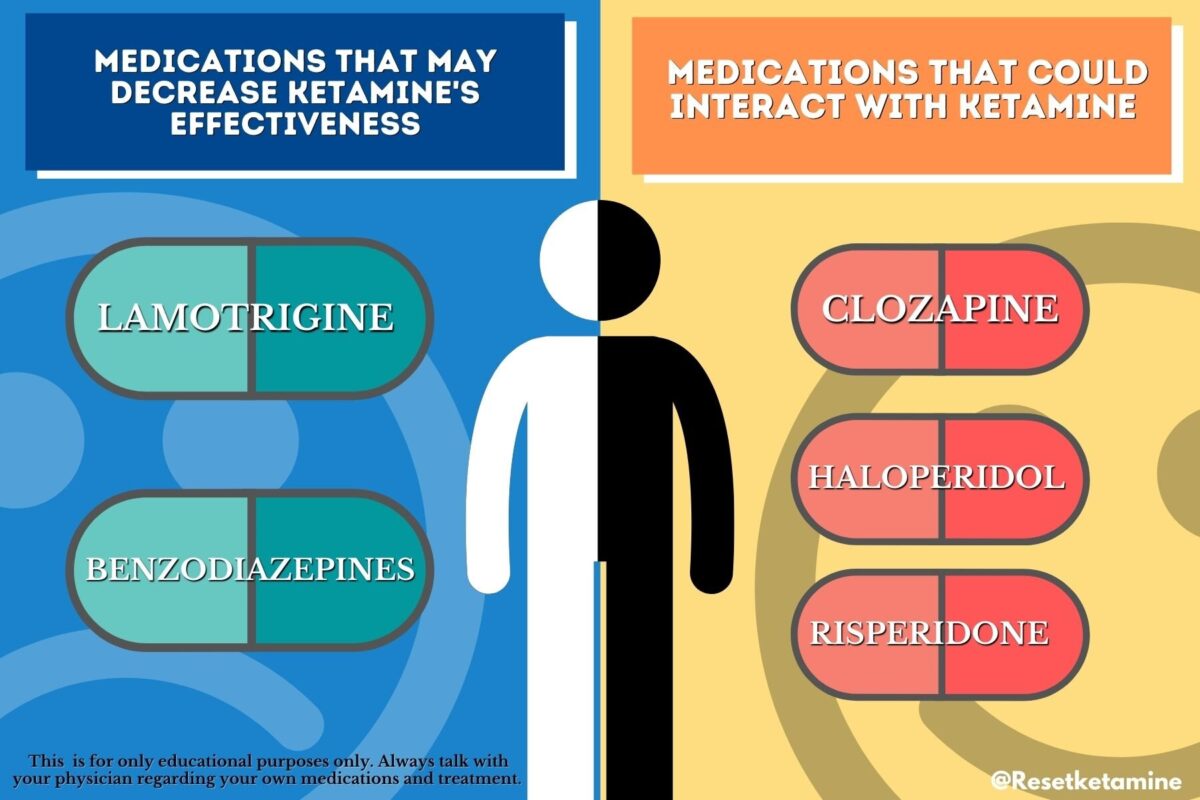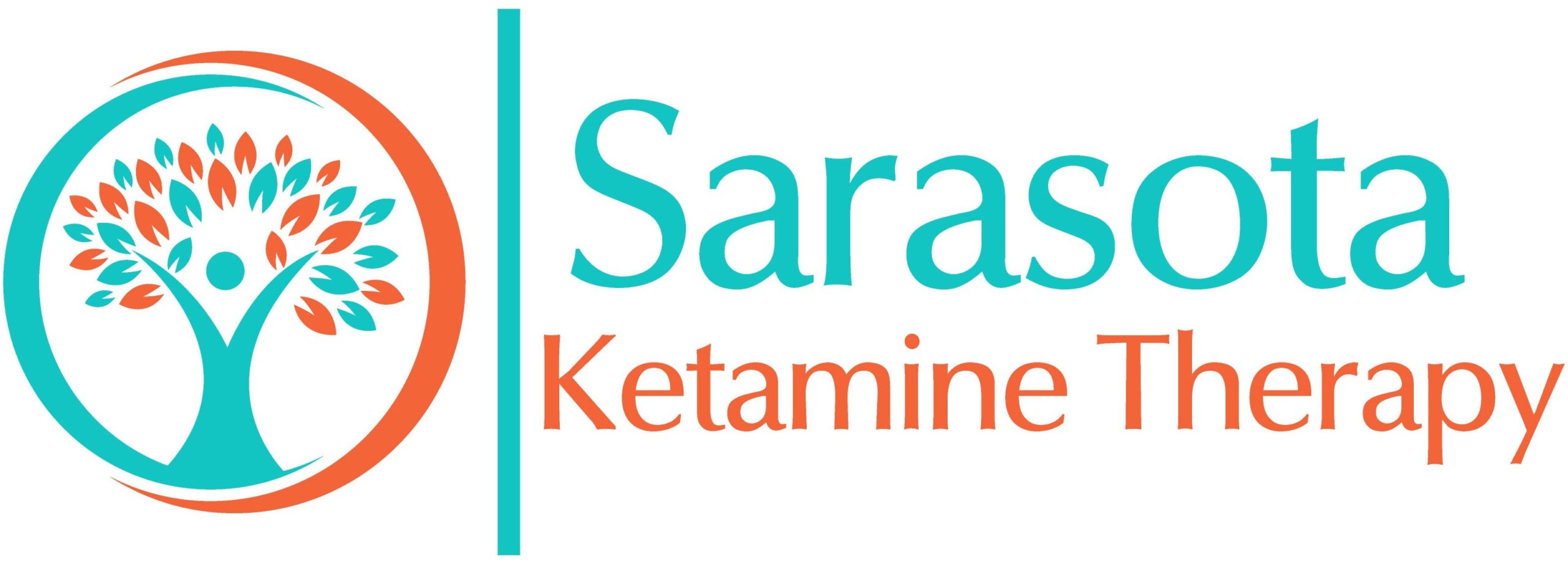Is Ketamine Therapy Better Than an SSRI? A Comparison of Two Treatment Approaches

Is Ketamine Therapy Better Than an SSRI? A Comparison of Two Treatment Approaches
In recent years, ketamine therapy has gained attention as a novel and rapidly effective treatment for mental health conditions, particularly depression. Traditionally, selective serotonin reuptake inhibitors (SSRIs) have been the go-to medication for treating depression and other mood disorders. But as ketamine enters the spotlight as a fast-acting and powerful alternative, many people are asking: Is ketamine therapy better than an SSRI?
In this blog post, we’ll explore the differences between ketamine therapy and SSRIs, focusing on their effectiveness, mechanisms of action, side effects, and overall suitability for different individuals. While both treatments have their merits, understanding their unique features and differences can help you make an informed decision about which approach might be right for you.
What are SSRIs?
Selective serotonin reuptake inhibitors (SSRIs) are a class of medications commonly prescribed to treat depression, anxiety, obsessive-compulsive disorder (OCD), and other mood disorders. SSRIs work by increasing the levels of serotonin in the brain, a neurotransmitter that helps regulate mood, emotions, and sleep.
Serotonin is released from nerve cells and then reabsorbed by the same cells in a process called reuptake. SSRIs inhibit this reuptake, leading to increased serotonin availability in the brain. This is thought to help improve mood and alleviate symptoms of depression and anxiety.
Common SSRIs include:
- Fluoxetine (Prozac)
- Sertraline (Zoloft)
- Citalopram (Celexa)
- Escitalopram (Lexapro)
- Paroxetine (Paxil)
SSRIs are typically taken orally in pill form and can take anywhere from 4 to 6 weeks to start showing noticeable effects. They are often considered the first-line treatment for depression and anxiety due to their well-established efficacy and relatively mild side effect profile.
What is Ketamine Therapy?
Ketamine, originally developed as an anesthetic, has recently found its way into the mental health field as a treatment for depression, especially treatment-resistant depression (TRD). Unlike SSRIs, which affect serotonin levels, ketamine primarily works by blocking NMDA (N-methyl-D-aspartate) receptors in the brain. This action results in a reduction in glutamate activity, which in turn promotes neuroplasticity — the brain’s ability to form new connections between neurons.
At low doses, ketamine produces dissociative or hallucinatory effects, but when used as a treatment for mental health conditions, it is administered in carefully controlled, low doses. Ketamine therapy has been shown to have rapid antidepressant effects, often producing relief within hours of administration. It is typically given in a clinical setting, although at-home ketamine treatments are becoming increasingly popular under medical supervision.
Ketamine is usually administered in one of the following ways:
- Intravenous (IV) infusion
- Intranasal spray (e.g., Spravato, the FDA-approved ketamine nasal spray)
- Oral tablets or lozenges (less common)
How Does Ketamine Compare to SSRIs?
When considering whether ketamine therapy is better than an SSRI, it’s essential to compare the two based on several factors: efficacy, speed of action, side effects, and suitability for various types of depression.
1. Speed of Action
One of the most significant differences between ketamine and SSRIs is the speed at which they produce effects.
- Ketamine: One of the key advantages of ketamine therapy is its rapid onset. Many individuals report feeling a noticeable improvement in their mood and mental clarity within hours or a few days of a single ketamine session. This is particularly valuable for people experiencing suicidal thoughts or those in acute distress, as ketamine can provide quick relief.
- SSRIs: SSRIs, on the other hand, can take anywhere from 4 to 6 weeks to show meaningful effects. This delay in response can be frustrating for individuals who are struggling with severe depression or anxiety. Additionally, some people may not experience relief from SSRIs at all, especially those with treatment-resistant depression, which may require trying multiple medications before finding one that works.
Conclusion: If you’re looking for a treatment that provides rapid relief from depressive symptoms, ketamine therapy is likely to be more effective in the short term compared to SSRIs.
2. Efficacy
Both ketamine and SSRIs are effective treatments for depression, but they work in different ways and have different levels of effectiveness for various individuals.
- Ketamine: Ketamine is especially effective for people with treatment-resistant depression (TRD), meaning individuals who have not responded to other forms of treatment, including SSRIs. Research shows that ketamine can offer significant relief even in patients who have failed to respond to multiple other antidepressant medications. The antidepressant effects of ketamine are thought to be a result of its ability to promote neuroplasticity — enhancing the brain’s ability to form new neural connections and reset circuits that may have become dysfunctional in depression.
- SSRIs: SSRIs are effective for the majority of individuals with mild to moderate depression. However, they can be less effective for people with severe depression or treatment-resistant depression. Moreover, while SSRIs help with symptoms, they do not necessarily address the root causes of depression, such as underlying brain chemistry imbalances, which ketamine is believed to help with.
Conclusion: Ketamine may be more effective for those with treatment-resistant depression, while SSRIs remain a strong first-line treatment for individuals with milder forms of depression or anxiety.
3. Side Effects
Both ketamine and SSRIs can cause side effects, though the nature and severity of these effects can vary.
- Ketamine: Common side effects of ketamine include dissociation (feeling disconnected from reality), dizziness, nausea, increased heart rate, and blurred vision. These effects tend to be short-lived and subside shortly after the treatment ends. Ketamine can also cause feelings of euphoria or disorientation during the session, and some patients may experience vivid dreams or hallucinations. Long-term use can potentially lead to bladder issues, cognitive impairment, or psychological dependence, especially if used outside of medical supervision.
- SSRIs: Common side effects of SSRIs include gastrointestinal issues (nausea, diarrhea), sexual dysfunction (decreased libido, difficulty achieving orgasm), weight gain, sleep disturbances (insomnia or drowsiness), and headaches. Some individuals also experience emotional blunting, which can feel like a reduction in emotional range. Importantly, SSRIs also carry a black box warning for an increased risk of suicidal thoughts and behaviors in children, adolescents, and young adults, especially during the initial weeks of treatment.
Conclusion: While both ketamine and SSRIs can have side effects, ketamine’s effects are often more transient and controllable, especially with careful monitoring. SSRIs, while generally well-tolerated, can cause more long-term issues such as sexual dysfunction and weight gain.
4. Suitability for Different Conditions
- Ketamine: Ketamine has shown promise not only for depression but also for other mental health disorders, including post-traumatic stress disorder (PTSD), anxiety, and bipolar disorder. It’s especially valuable for those with treatment-resistant depression who have not responded well to SSRIs or other standard treatments.
- SSRIs: SSRIs are a first-line treatment for conditions like major depressive disorder (MDD), generalized anxiety disorder (GAD), social anxiety, obsessive-compulsive disorder (OCD), and panic disorder. They are effective for a wide range of individuals but may be less effective for those with severe or treatment-resistant depression.
Conclusion: SSRIs are often a better starting point for mild to moderate anxiety and depression. Ketamine is more suitable for individuals with severe or treatment-resistant depression and other complex mood disorders like PTSD.
Final Thoughts: Which Is Better?
The question of whether ketamine therapy is better than an SSRI does not have a one-size-fits-all answer. Both treatments have their advantages and limitations, and the decision depends on factors such as the severity of the mental health condition, the individual’s response to previous treatments, and the desired speed of relief.
- For rapid relief and treatment-resistant depression, ketamine therapy may be the better option.
- For long-term management of mild to moderate depression and anxiety, SSRIs remain a solid choice.
Ultimately, the best course of treatment should be determined by a healthcare provider who can tailor the approach to your specific needs and ensure that the treatment plan is safe and effective for you. Whether you choose ketamine therapy or an SSRI, both treatments have the potential to help you feel better and improve your mental health over time.
